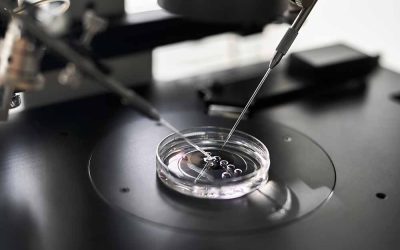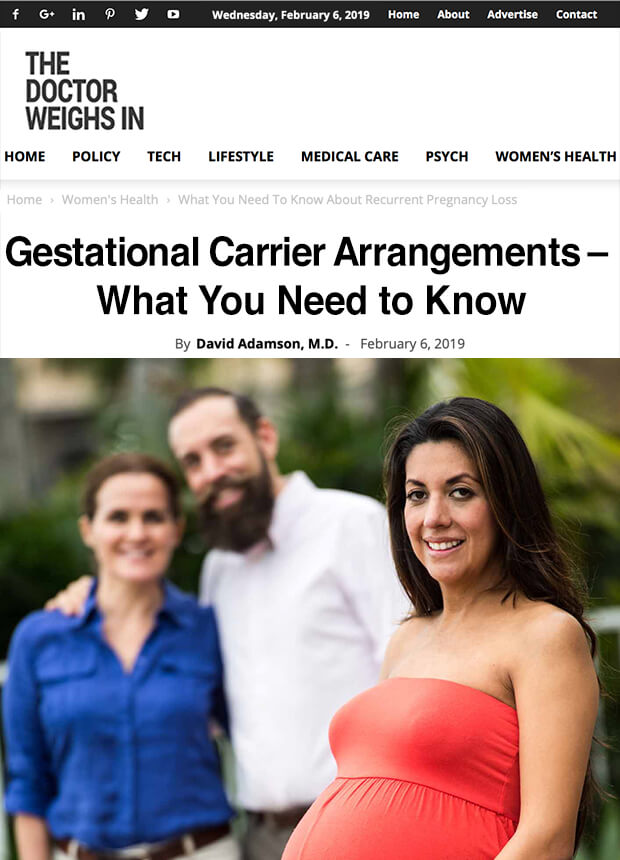Reproductive medicine enables family building for many individuals and couples confronting fertility challenges....
ARC®Fertility Overview
Understanding The Cost of IVF – A Comprehensive Guide
ies. The cost of IVF in the United States presents a crucial consideration that must be understood and carefully...
Navigating the Possibilities: Exploring Genetic Testing for IVF
Genetic Testing for IVF: PGT (formerly PGS & PGD) Embarking on the journey of in...
IVF Success Rates and Age: Understanding the Key Factors
Know the Facts and Maximize Your Chances of a Successful Birth at Any Age In vitro fertilization (IVF) is a widely...
Myths About Birth Control
Despite being a major benefit to the overall quality of life worldwide, birth control is still widely misunderstood....
First IUI? What to Expect
Through my fertility journey as a whole up to this point, I have done 8 medicated and monitored cycles and 5 medicated...
Gestational Carrier Arrangements – What You Need to Know
A gestational-carrier arrangement occurs when intended parents (or donors) supply the egg & sperm but a...
Infertility: Helping Mother Nature
Infertility is a highly personal and emotional subject and it’s a medical problem that is growing. In fact, six...
How do I choose a fertility specialist?
Finding the right physician under any circumstances can be a daunting task. A patient who needs help with fertility...
Hope. Dream. Hold Your Miracle.
After months of trying to get pregnant without success, “infertility” is never a word a couple wants to hear from...








